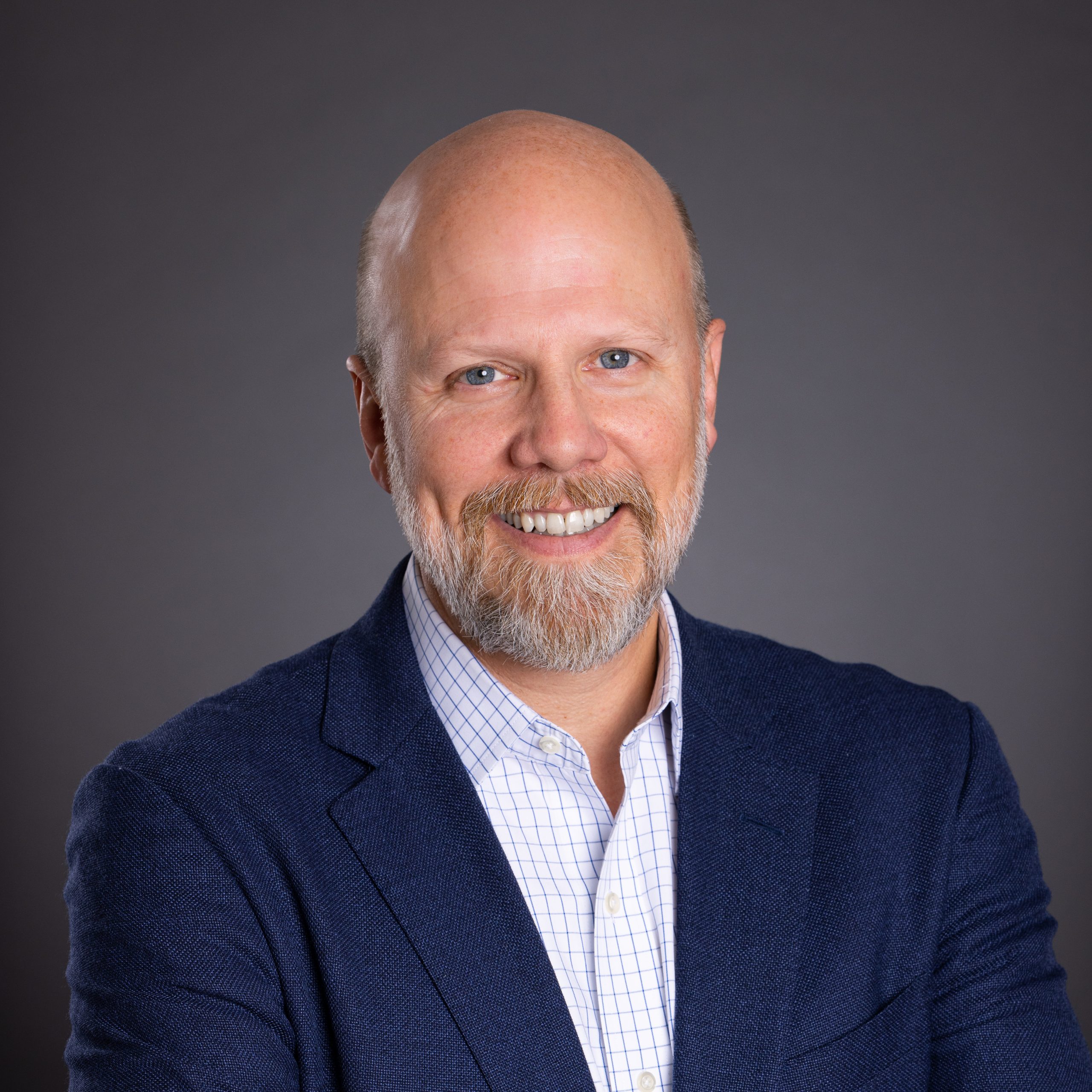I flew across The Pond last week for a conference with leaders and analysts of many UK and European policy shops. My reasons for attending for varied. On one hand, I fulfilled a teaching role, leading a conversation about the relationship between foundations (donors) and policy-oriented charities (think tanks) and how that relationship can be improved and strengthened.
On the other hand, I was also the student – learning from other organizational CEOs about how they deal with marketing, messaging, talent-development, policy selection and the like. It was a quintessential give-and-take.
It was also an important reminder about how much the world benefits from – but does not always appreciate – market-oriented ideas.
Bear with me for a paragraph (or two).
Many agree on the importance of free enterprise, but perceptions vary on what exactly it is. Some think it is a system about money and how to make it – to be able to predict the ups and downs of Wall Street, interest rates, or when to buy a house.
These are woefully inadequate and shallow understandings of the discipline, but because they are widespread it is no surprise that many think “market economics” is of little help to public decision makers as they wrestle with real and challenging problems.
Truth be told, the economic way of thinking is merely a set of tools for understanding the world, rather than signaling an ideology or a set of specific policy prescriptions. But an important first step is realizing that money does not even have to be involved to make a decision “economic.”
That’s why my experience in London was a perfect example of the importance of market liberalism – how voluntary mutual exchange makes us all better off. I provided perspectives and ideas. In return, I received data points, observations and insights that enabled me to leave England much better off than I was when I arrived.
There are many in philanthropy who invest solely in public policy research and advocacy in order to promote a specific set of solutions, or to rebuild principles that have eroded. This is good and noble. But, as this year’s political discourse reminds us, politics focuses on what is visible and immediate. This creates conflicts between what is economically sensible and what seems politically fashionable. It is a real and valid concern.
The free enterprise network recognizes that this is only one part of investing in a larger civic society that focuses on the creativity, innovation, and exchange among individuals to solve problems.
We at DonorsTrust have a mission that passionately supports this notion. Yes, we are concerned about the erosion of donor intent or privacy throughout the foundation world. But we also believe that our clients best serve their communities – locally, nationally and throughout the world – when they also understand how private institutions do in fact provide for the common good. Public policy, education, the arts, religious endeavors, students, humanitarian efforts all work to create a most beautiful mosaic of progress.
DonorsTrust exists to distinguish between what is fashionable and what can actually change the world. We then promote the latter. It’s a good thing our clients understand the same difference.
Author
-

Since 2015, Lawson Bader serves as president and CEO of DonorsTrust and Donors Capital Fund. Before coming to DonorsTrust, he amassed twenty years’ experience leading free-market research and advocacy groups including the Competitive Enterprise Institute and the Mercatus Center at George Mason University. He began his career in DC in as special assistant at the U.S. Senate Committee on Veterans Affairs, then worked as a legislative analyst/paralegal with Pierson, Semmes & Finley, and managed government relations at SRI International. He is a former weekly columnist with Human Events, and a current contributor to Kiplinger and member of the Forbes Nonprofit Council. He also serves on the governing boards of the Atlas Network, State Policy Network, and Oakseed Ministries International. Lawson earned a BA in political science from Wheaton College (IL) and an MA in public policy from The Johns Hopkins University.
View all posts


